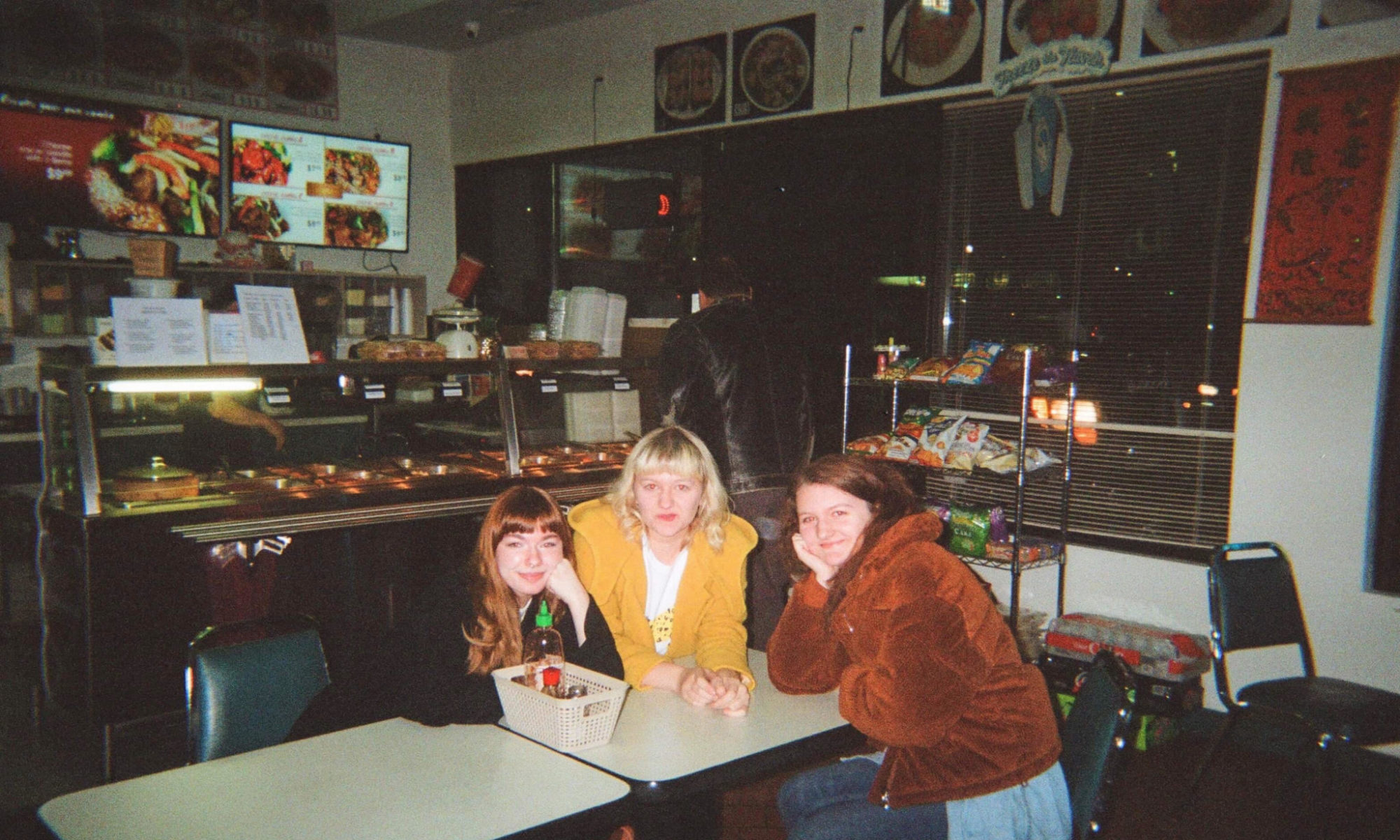
By Kyra Leib
The War on Drugs, formed in 2005, was a project created by Kurt Vile of Kurt Vile and the Violators and Adam Granduciel. Now The War on Drugs has bloomed into something special. Their commendable ability to seamlessly blend American with euphoric instrumental elements reminiscent of Phil Spector’s wall of sound delivers something like the joy of experiencing your first Springsteen record.
Granduciel, who describes his Philadelphia neighbourhood as “semi-depressed,” tells me how his environment influences him. He muses that his neighborhood – where some people have been living for eight to 20 years – has a “backwoods city vibe”, but hasn’t yet been gentrified. “Some neighbourhoods are getting knocked down for new, beautiful houses and my section is still run-down,” he muses.
I imagine their music is a testament to city life. The energy inherent in The War on Drugs’ music is the same energy you’d encounter biking or walking in urban areas. That is why this band’s music is so universal. The timeless facet of their music is comparable to the neighborhood that Granduciel tells me about, this “backwoods city.” The physical and social environment that inspired the golden age of American songwriters is still present. The War on Drugs have been affected by these environments just like Bob Dylan was inspired by the American landscape or Springsteen was influenced by American politics and his Jersey roots.
The War on Drugs are often compared to Springsteen, Bob Dylan, Tom Petty and the like. This band plays punchy, adrenaline-filled highway rock ’n’ roll and does it well. Yet they never lose sight of their own identity. Granduciel explained to me that singing like Dylan is not something he ever strained for. That’s just the way his voice has always been. It is for this reason that the group is able to blend genres so well. They aren’t straining to emulate anything, it’s all them.
Granduciel tells me about the music industry in Philadelphia and he describes it as “not competition-based.” The War on Drugs has had a transient lineup. At one point they shared a drummer with Kurt Vile and the Violators. This changed when both bands took off, and it was too difficult to coordinate schedules and share a drummer. Only recently has the band gained a new permanent drummer in Steven Urgo, began touring with The War on Drugs on their latest tour supporting Destroyer. The band faced a four-hour delay at the Canadian border en route to their show in Winnipeg, yet made it in time for an opening set that gave Destroyer a run for their money – not that it’s a competition, as Granduciel would say.
Granduciel told me about the early days of War on Drugs and learning how to put on a live show. “When the first record came out the band was in this weird flux,” he explains. “Sometimes it would just be me and Kurt and some samplers. We didn’t really have any sort of live lineup and there was all this buzz surrounding the band. So we would show up to New York and play without ever having rehearsed. We were trying to figure out how to play the songs and to get the tones right. We were still learning.
“At the time that we were doing that, people wanted to see this buzz band and [instead] they would see a total train wreck. We got a lot of shit for that for a long time, especially from our booking agent. He actually quit and the label was upset when that stuff happened because we were a band that people were excited about.”
Despite this, Granduciel hasn’t soured on the music industry. He tells me “It didn’t really bother us that it was a train wreck, in retrospect I kind of like it that we had to go through that.
“You KNOW what it sounds like – why am I hearing it like this?” he elaborates, giving insight into his songwriting thought process. It was this line that made it clear to me what kind of artist Adam is. Not a perfectionist – as some might suggest, considering Slave Ambient was recorded over a four-year span – but an artist that hears music in his head and needs time and patience to coax it out. “I worked on three songs for five years,” Adam says of the EP Future Weather. He spent three and a half years on the song “Baby Missiles.” As I questioned Granduciel it suddenly made sense to me what he was talking about. Any artist knows what you mean when you say that a piece doesn’t feel right or that it’s not the way they’d imagined it. It’s admirable that The War on Drugs has not let the pressures of the music industry diminish the art that they set out to create.
Re-recorded for their latest release is the song “Brothers” which was originally released on the Future Weather EP. I asked Granduciel how his approach for playing this song had changed since 2010. He told me that the song was originally recorded by him in his home and the new version included on Slave Ambient is the full band version. “The song on the EP was mildly improvised, I always do that, and when I listen back there are always little gems in there. In the moment, I wasn’t really sure what I was saying but through slur I can almost hear a word. Then I rewrote [the lyrics] and re-sang them [for Slave Ambient].”
Slave Ambient was released on August 16 and Adam says that we might see the band back in Winnipeg sometime this fall. Let’s keep our fingers crossed people.

